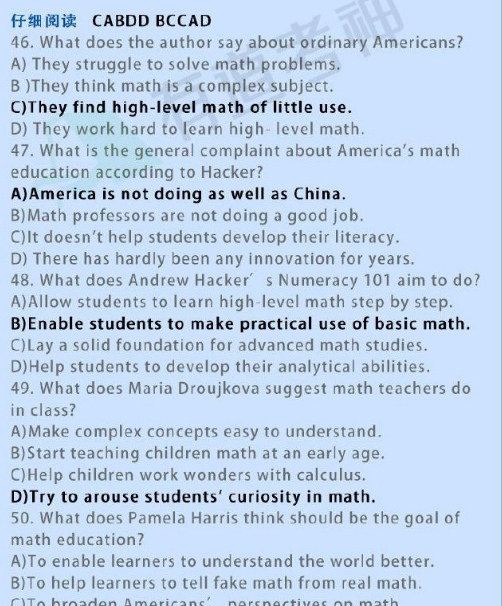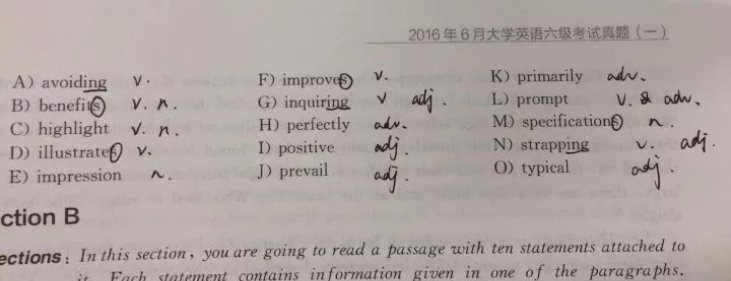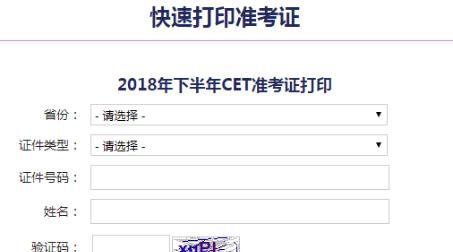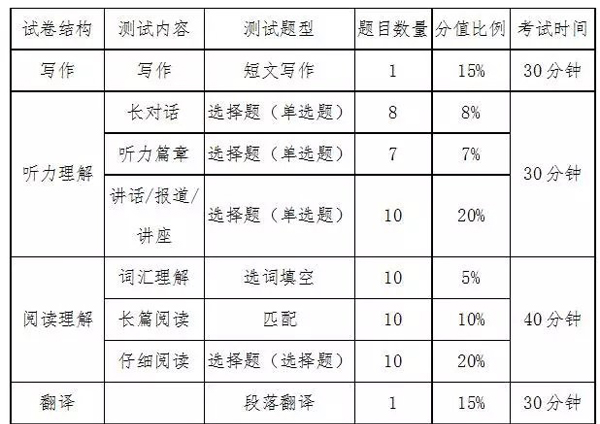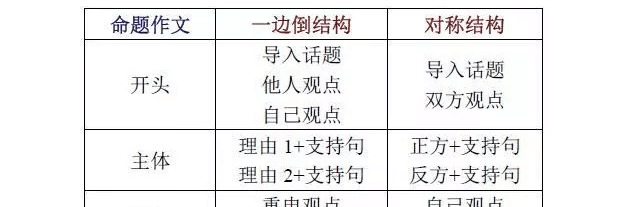Economy gets $586b power dose
|
The government has cleared a 4 trillion-yuan ($586 billion) investment package until 2010 to spur domestic demand and boost the slowing economy. A State Council meeting, presided by Premier Wen Jiabao, has resolved that it is necessary to adopt "proactive" fiscal and "moderately loose" monetary policies now, Xinhua reported yesterday. The November 5 statement marks an end to the previous "prudent" fiscal and "tightening" monetary policies because the economy now faces an increasing risk of slowing down further. "This is the right shot for the economy. Consumption and exports are unlikely to pick up in the short term," said Zhang Xiaojing, an economist with the Chinese Academy of Social Sciences. The nation's economic growth has been slowing for five consecutive quarters. It dipped to 9 percent in the third quarter of this year, the first growth rate below double digits in five years. Worries over an excessive slowdown have been rising recently, especially because a rebound in overseas demand is nowhere in sight and domestic businesses and consumers have started tightening their purse strings. Zhou Xiaochuan, the central bank governor, said over the weekend that the economy could slow down further - from 9.9 percent in the first three quarters of this year to between 8 and 9 percent in 2009. On Friday, the International Monetary Fund (IMF) reduced its 2009 forecast for global economic growth to 2.2 percent, down 0.8 of a percentage point from its October projection. To counter the global slowdown, it urged governments to "stimulate their economies". But even before the IMF suggestion, policymakers at the State Council meeting had decided to carry out investments "swiftly and powerfully", to meet the situation. The government plans to put it into major infrastructure, social welfare and environmental protection projects, as well as to reconstruct areas devastated by natural disasters. The government has allocated 100 billion yuan for investment in the fourth quarter of this year and 20 billion yuan for reconstruction projects next year. These are expected to trigger an overall investment of up to 400 billion yuan. The government has decided to extend the value-added tax (VAT) reform to the entire country, too, which could cut business costs by up to 120 billion yuan. The pilot project for VAT reform began in 2004. It allows the deduction of VAT on input for fixed-asset purchases and thus encourages corporate investment in equipment renovation. The falling profit margins of enterprises and declining demand had prompted an increasing number of businesses to seek an extension of VAT reform across the country. Some analysts say the government could also introduce further cuts on individual income taxes later. The government has announced a series of measures to fend off the credit crunch impact. It has cut the interest rate three times in the past two months, increased tax rebates for exporters and introduced incentives for homebuyers. The central bank is monitoring the market to decide its next interest rate move, Zhou said at a meeting of G20 finance ministries' officials in Sao Paulo, Brazil, on Saturday. "China will try to maintain its economic growth and domestic demand. If it can maintain its internal demand, I think it will be good for stabilization (of the global financial market)," he said. "We are closely watching the developments of the financial crisis… We are also paying attention to the falling inflation rate (at home). We will put them together to decide what to do," Zhou said when asked if China would keep following the global trend of lowering the interest rate. |

